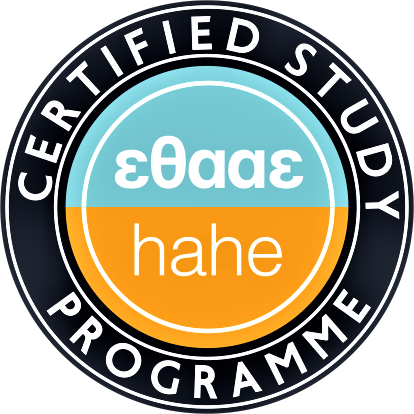Economic Law
NUMBER OF CREDITS ALLOCATED: 6 ECTS
COURSE CONTENT:
The goal of the course is to teach the student the contribution of the legal science to regulation of economics. Through the course, the student will understand the characteristics of legal science, the influence of economic rules in the function of economic relations and the relationship of reciprocity of these two sciences. The topics of the course cover the most important aspects of the economic regulation, classified in two major categories. The first category analyses the law of the State intervention, while the second relates to the law of the market. The course provides a comprehensive and systematic approach to the economic law, centered to the contents and limitations of the constitutional right of the economic development. Under this angle, the course mainly focuses on the basic concepts of legal science, the economic constitution, the financial framework, the control of the market, the independent agencies, the freedom of contracts, the consumer protection, the various forms of companies, free competition.
LEARNING OUTCOMES:
After successfully completing the course, students will be able to:
- Understand the relationship between the State and the economy, the institutions of control and the incentives encouraging the economic development.
- Understand the basic principles of the market, the consumer protection and the free completion regime.
- Understand the legal limits imposed on the enterprises by the requirements of the general interest.
- Understand the new regulations, analyze them and take the appropriate economic decisions.
RECOMMENDED READING MATERIAL:
- Pliakos A., Introduction to Economic Law, 2nd Edition 2021, Legal Library Publications.
TEACHING METHODS: Sessions combine lecture style delivery with analysis of case studies, reference to practical examples, and extensive discussions of the application of theories in a variety of different sectors and situations, resulting in an interactive format.
ASSESSMENT METHODS
Final exam: 70%:
The exam questions will require students to produce answers demonstrating a strong critical and analytical ability; combining understanding of theory and frameworks with practical examples; giving solutions to presented business problems.
Progress Tests: 30%:
Two Progress Tests expect the students to answer questions with a theoretical and practical character, while they have to assess under a critical point of view legal concepts and theories relating to economic matters.
Language of instruction: Greek





